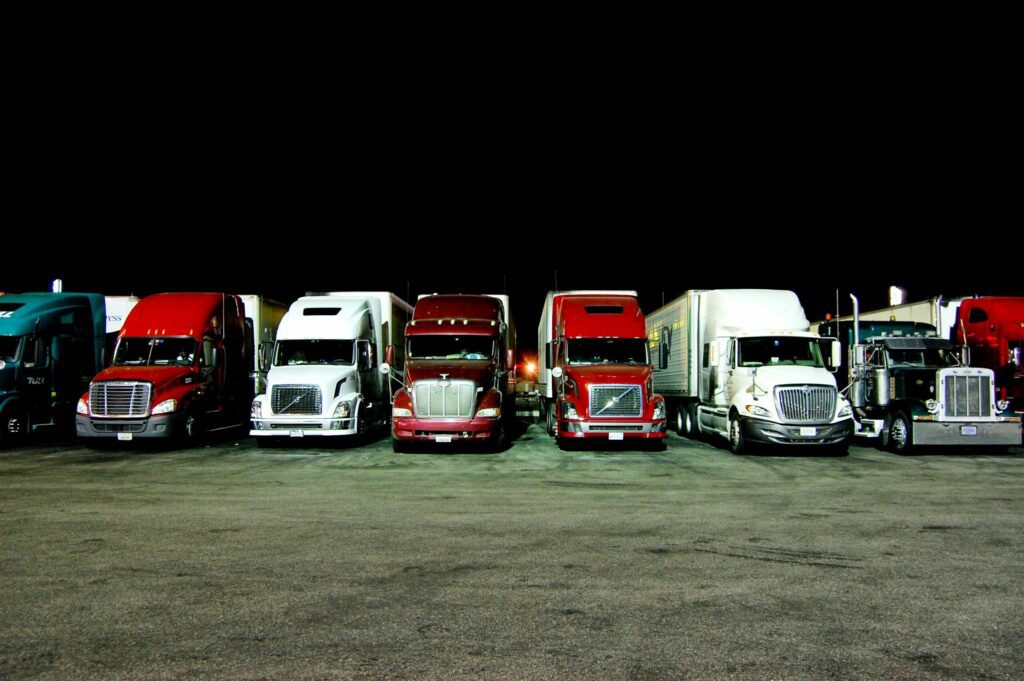Impact of the Covid-19 Pandemic on Supply Chains
The Covid-19 pandemic caused significant disruptions in global supply chains, affecting labor markets and established patterns of migration. Existing flaws in logistics and infrastructure became more apparent, with a notable shortage of long-haul truck drivers in the US and Europe leading to alarm among businesses and policymakers in 2021.
Insights from Karen Levy’s New Book
In her recently published book, Data Driven: Truckers, Technology, and the New Workplace Surveillance, Karen Levy from Cornell University provides a comprehensive analysis of the long-haul trucking industry in the US. She delves into the reasons behind the declining number of individuals willing to pursue what was once regarded as a respectable, skilled profession. The industry has suffered from deregulation and union decline since the 1970s, causing a well-organized and well-compensated workforce to fracture under increasing market and managerial pressures.
The Role of Technology in Trucking
Over the last ten years, electronic logging devices (ELDs) have emerged as a new threat to truck drivers’ independence. Made mandatory in 2017, ELDs replaced the unreliable paper logs that allowed drivers and companies to circumvent “hours of service” regulations limiting driving time. Levy argues that ELDs serve as tools for regulation, management control, and worker resistance, ultimately weakening truckers’ skills and independence. Rather than improving safety, these devices have failed to reduce driver fatigue and accidents while simultaneously providing new avenues for drivers to resist managerial authority.
Future of Automation and Surveillance in Trucking
Levy casts doubt on the notion of fully autonomous vehicles, suggesting that a likely future scenario involves a mix of human and machine roles, or “human/machine hybridization.” She anticipates an increase in automation and surveillance technologies in the trucking sector, predicting that future truckers will be closely monitored through various wearable and in-cab devices. While these devices are marketed as safety measures, they effectively reaffirm managerial control over driver performance.
Interviews with Karen Levy
In an interview, Levy discusses her motivations for studying the impact of technology on trucking workers and highlights the shift from manual to digital rule enforcement. She notes that although trucking was once heavily unionized and characterized by a strong labor movement, deregulation in the 1980s severely weakened worker protections, leading to an industry rife with underpayment and challenging working conditions.
Challenges of Digital Surveillance and Worker Identity
Levy encounters the issue of increasing digital surveillance across various sectors, including trucking. The unique nature of the trucking workforce—characterized by long periods spent living in their cabs—makes continuous monitoring particularly invasive, undermining the core of their occupational identity. While she observes parallels with surveillance in other industries, the distinct lifestyle of truckers adds complexity to their experiences with technology, further complicating the dynamics of resistance and compliance within the industry.
Addressing Systemic Issues in the Trucking Industry
In contemplating the future of trucking, Levy emphasizes that addressing financial compensation and working conditions is crucial for improving the industry’s state. She advocates for reforms that secure better pay and working conditions, arguing that meaningful changes would ultimately alleviate overwork and fatigue among drivers, thus reducing the reliance on digital surveillance technologies. Her insights highlight the necessity to focus on underlying issues rather than solely employing technology as a quick fix.


